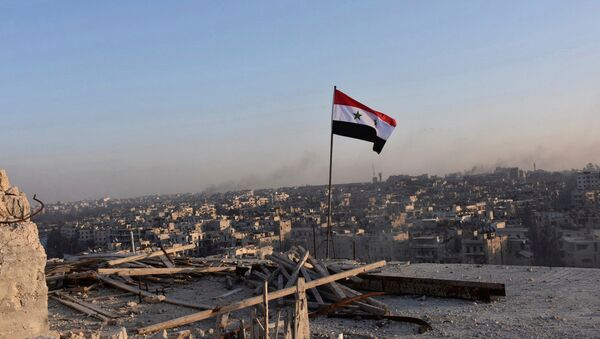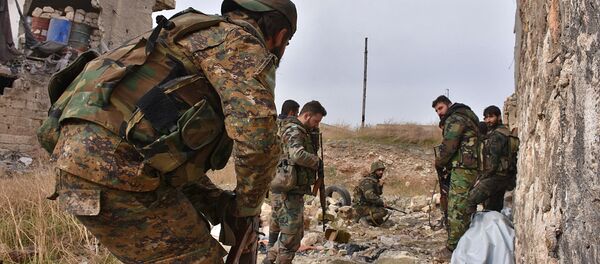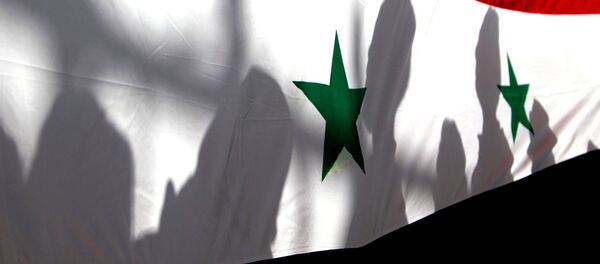The Russian Air Force entered the Syrian conflict in September 2015, after the Syrian Army was swiftly pushed out of Idlib province by Islamist militants in a surprise offensive. Russia's assistance has allowed pro-government forces to go on the offensive, advancing on several key fronts, including in the provinces of Latakia and Aleppo.
Russia's bolstering of the Syrian government and its armed forces has had a direct and clear reduction on the influence and power of Islamist groups, including Fateh al-Sham (a former al-Qaeda affiliate) and Daesh (also known as Islamic State) in the country.
Aleppo, once Syria's economic hub, has effectively been completely liberated, though some mop-up operations are still ongoing.
The liberation of Aleppo city wouldn't have been possible without Russian support, not only in the form of airstrikes. Russia has been instrumental in training certain units in Syria, and has also provided resources to pro-government forces.
Since Russia's direct military intervention, it has become common to see the Russian flag alongside the Syrian flag in many cities and towns across Syria. Russia's military campaign is evidently popular among Syrians, with many praising Russia's role in Syria in interviews, and a businessmen even opening a café in Latakia to serve free drinks to Russians.
Russia's military campaign in Syria has been handled quite differently to many US-led military interventions, and it seems these differences have been key to making it a success.
Russia's direct military assistance was officially requested by the Syrian government, making the entire campaign more legitimate and acceptable. The US intervention in Libya was done in support of unorganized rebels, and as of 2016, the country remains in chaos.
Although many critics may question the legitimacy of Assad's government, it does have widespread support in Syria, from every religious group, with President Assad being democratically elected in UN-monitored elections in 2014.
Many US campaigns have been less clear about their underlying objectives, and some interventions have been based on evidence and claims which have proven to be untrue. Saddam Hussein's regime was allegedly in possession of chemical weapons, and this was the basis for justification of the Iraq War. These allegations later proved to be false.
Since September 2015, the extent of Islamists in the ranks of the Syrian armed opposition has become even more apparent. This has added further weight to Russia's argument that it has only been targeting terrorist organizations. The US government has rejected claims the certain groups in Syria, such as Ahrar al-Sham, are terrorist organizations, despite their desire to implement Shariah law in Syria, and their use of indiscriminate weapons and tactics.
Many military operations have had a destabilizing effect on the host country in the long-run. This is because many of these campaigns have resulted in the removal of the government, giving rise to uncontrollable groups, with questionable motives.
Although the US can learn a lot from Russia's involvement in Syria, there will inevitably be some areas for improvement, which the Russian government should take into consideration for future campaigns.
The views expressed in this article are solely those of the author and do not necessarily reflect the official position of Sputnik.




